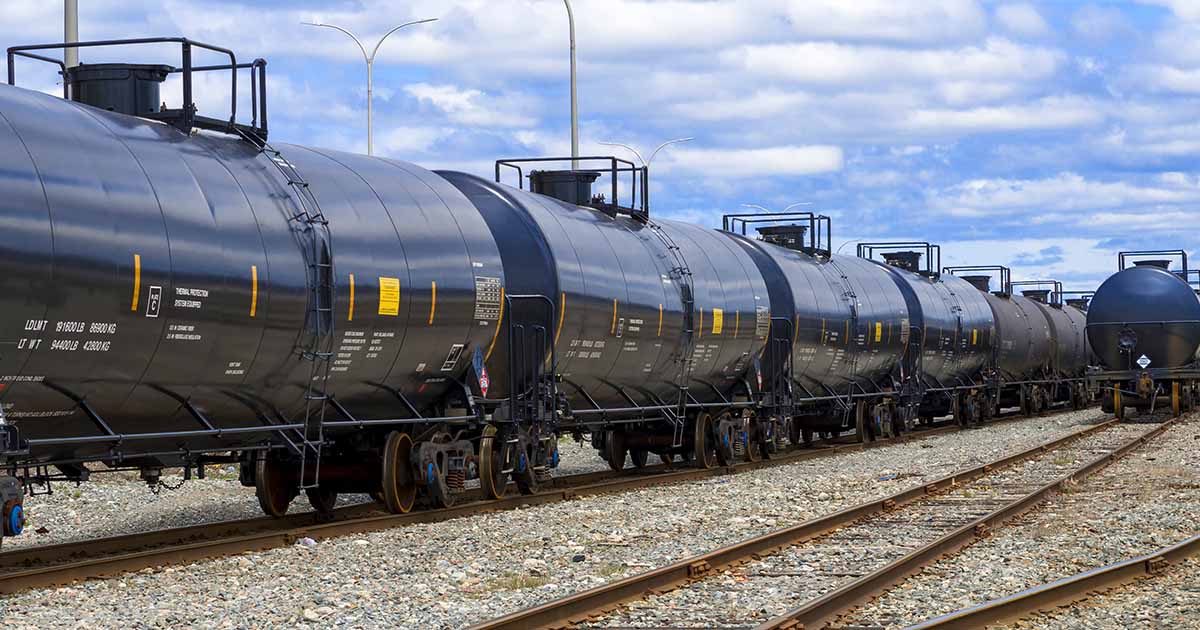With the holidays right around the corner, Santa’s sleigh may be the only thing fast enough to transport the mass amount of overstock sitting at key U.S. transit ports.
Due to increasing import velocity, sources say ports designed to hold around 9,000 cargo units are now being pushed to their limits holding 35,000 containers or more at a time.
Over the last three years, railroads have lost over 20% of their employees. The COVID pandemic was an unforeseen complication that caused imports to dip and spike. Now that the pandemic is ceasing, imports are rapidly increasing. Only this time, there are fewer workers to help handle the load.
Companies are searching for alternate ways to transport their goods to receive products quicker. However, companies purchasing in bulk are left with congested railways as they attempt to load and unload products as quickly as possible.
With slower unloading comes prolonged turnaround times. Trains are not getting back to pick up new shipments until much later than anticipated. While some products may arrive on time, others may take much longer despite being needed first. This causes product storage to build up on the company’s side. Once warehouses are full, there is nowhere to put the new cargo coming in, so trains sit for extended periods at company warehouses, creating even more delays in future pick-up times. Although waiting for your new purse to be shipped can be bothersome, you do not want any room for error when it comes to shipping sensitive materials like chemicals.
Almost all chemical manufacturers (93%) have expressed that railroad delays are either unchanged or getting worse. For three consecutive quarters, companies reported that supply chain and freight transportation disruptions have harmed their U.S. manufacturing operations. Because of the load sizes, chemical manufacturers are unable to switch transportation modes to truck drivers as many companies in other industries have now done.
Since they can run batch productions, inventory for chemical manufacturers is often very complicated without added supply disruptions. Often having to order from many different vendors, these manufacturers are beholden to their partners’ shipping processes.
Tracking is a critical part of ensuring a product batch is valid and ready for shelves. When shipments are disorganized, it can often be difficult for companies to have full visibility of the supply chain. Tracking and keeping true to government regulations means this industry relies heavily on the reliability of supply chain processes, and when things become unpredictable, so does the entirety of the industry.
According to the American Chemistry Council, customers have begun retracting orders due to fear of unpredictable shipping. These issues are not only inconvenient but can be costly. Company costs have increased by several millions of dollars due to workarounds, additional railcars, and allocating additional resources to shipping management. Up to 98% of companies have reported modifying their operations because of supply and transportation issues.
Supply chain disruptions mixed with the highest inflation in decades are causing problems for companies throughout the nation. These disruptions are not easily fixed and though they have been around for some time now, they are something to keep an eye on as we continue forward.
